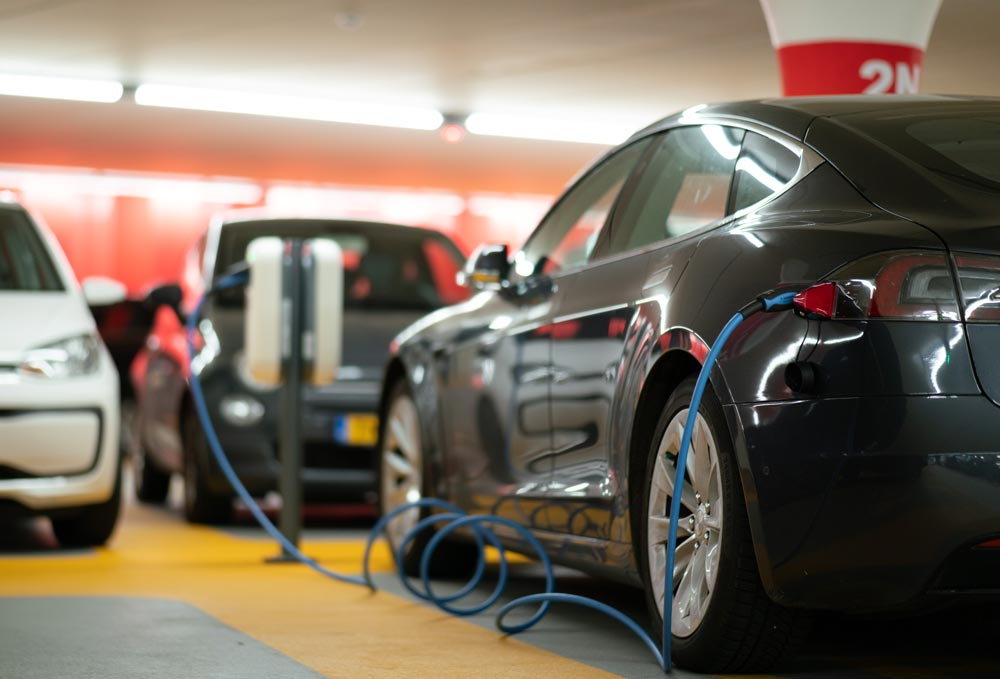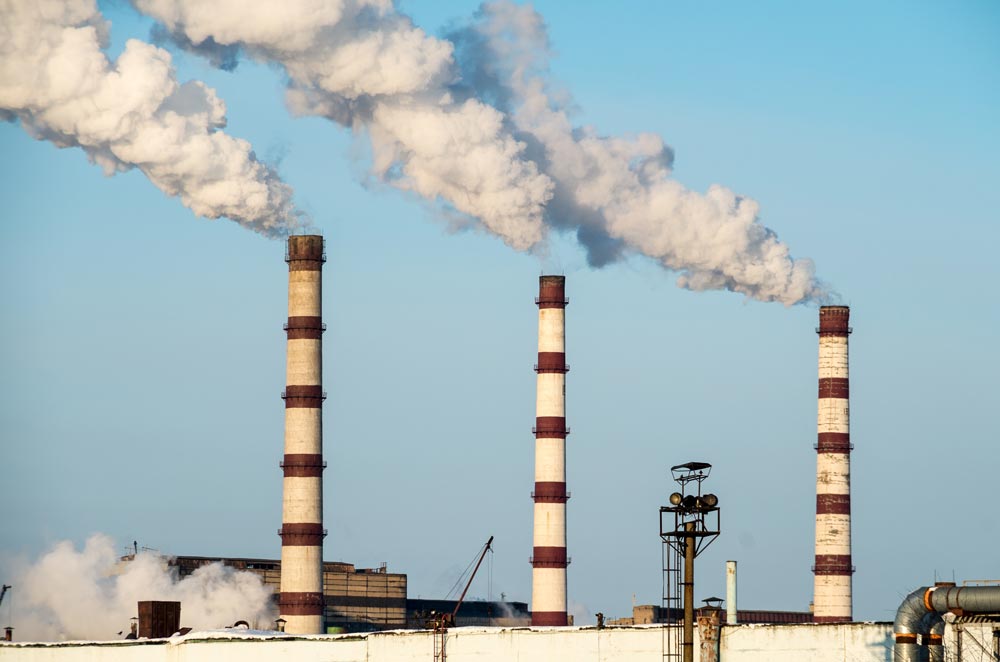
Within the last few months, you might have noticed many Wuling Air taking over the streets of Jakarta, the miniature electric car produced by the Chinese brand. President Jokowi has put in place a new program subsidising the production and sale of these electric vehicles in order to facilitate the growth of the industry in Indonesia.
There have been several cash injections into the industry, the most significant of which is the removal of the luxury goods tax on several models of electric cars. Conventional cars have a luxury goods tax of between 15% – 95%. Agus Kartasasmita, current Minister of Industry, announced that the tax cut is being applied to the production of 35,900 units of Hyundai Ioniq 5 and Wuling until December 2023.
Adding to the incentives, and one that would certainly entice Jakarta residents specifically, is that electric vehicles are exempt from the Odd-Even Road Policy (ganjil-genap), this exemption has actually been in place since 2019, stipulated in Jakarta Governor’s Regulation No.88/2019 Article 4. This freedom of movement will certainly have citizens considering the shift over to EVs.

Of course, electric vehicles are still relatively pricey. The Wuling Air ev-Lite, for example, is sold for sale for IDR 206,000,000 (on road price), and even with its subsidised 1% PPn tax, this is quite high for what is categorised as a ‘microcar’. For comparison, the latest model of the Toyota Avanza is priced at IDR 257,800,000. In the eyes of the average consumer, the large four-door is still a far more practical purchase.
One could say that this is an investment, especially with the low price of charging: the official EV Charging Point (Stasiun pengisian kendaraan listrik, or SPKLU) charges between IDR 1,650 to IDR 2,475 per kWh, so charging up the Wuling Air Long Range’s battery with 26,7 kWh capacity would cost only IDR 44,000 to IDR 66,000. That’s a range up to 300km on a full charge.
It’s Not About the Money…
Let’s say price is not an issue, and the benefits include not paying for petrol, the freedoms that the ganjil-genap exemption allows as well as reducing one’s carbon footprint. Unfortunately, there are still some impracticalities. The high amounts of traffic and lack of good road infrastructure make it draining on the car’s fuel source. Social media reviewers of the Wuling cars have noted that the lack of charging ports can make driving them impractical in Jakarta’s extreme traffic.
Efforts have been made to accommodate the influx of electric vehicles with the installation of official ‘SPKLU’ stations, the Shell ‘Recharge’ stations, and even independent businesses now adding recharge stations to parking areas.

However, they remain few and far between outside of the city centre, and certainly don’t allow for long-distance road trips out of town — many of Jakarta’s daily commuters from out of town (and imagine mudik!) An alternate option would be to use a hybrid vehicle that can be fuelled by both electricity and petrol: this allows for the lack of infrastructure accommodating long-distance and high-traffic travel.
There has been an unlikely champion in the electric vehicle scene in Jakarta. The electric motorcycle has proven to be popular and well-suited to the Indonesian lifestyle. An electric vehicle more popular for short-distance travel would be easier to maintain. The precedent has been set by electric bicycles, scooters and even milkman cars that can be found worldwide.
BUMN has launched a website and campaign, Pakai Molis (Use Electric Motorcycles). The website provides information on how to use, buy and maintain an electric motorcycle. Rp 7 million per person is offered to those buying an electric motorcycle. Accompanied by a social media campaign headed by Indonesian lifestyle influencers, BUMN is pushing for the transition to electric motorcycles to respond to Jakarta’s dire air pollution levels.
Going Against the Current
In terms of environmental sustainability, there has been much criticism of the government’s push to incorporate electronic vehicles. Many feel it’s a way for governments to shift responsibility of climate initiatives onto citizens, when in reality the solution lies in policing industry.
What is perhaps the most crucial factor in all of this is that if we follow the current from charging station to source, we’ll find a less than savoury reality. As of 2022, Ember, a climate think tank, found that 61.55% of electricity in Indonesia comes from coal-powered plants. With the coal industry making up more than 6% of Indonesia’s GDP, it will be a while before Indonesia’s electricity can be considered environmentally sustainable.

This was a fact made particularly public during the outcry on Jakarta’s air pollution, for which the surrounding coal power plants were scrutinised for their emissions affecting the city. This means that even attempts to reduce carbon footprint and improve surrounding air quality are sadly quashed.
None of this is to say that buying an electric vehicle is a bad investment. In some cases, the benefits may indeed be worth it at a personal level, be it reducing costs, increased freedom of movement and of course personal conviction to reduce carbon footprint. In the large scheme of things, however, unless officials are able to address the supporting infrastructure for EVs, as well as provide a cleaner source of energy, EVs won’t be the solution to Indonesia’s climate goals.






